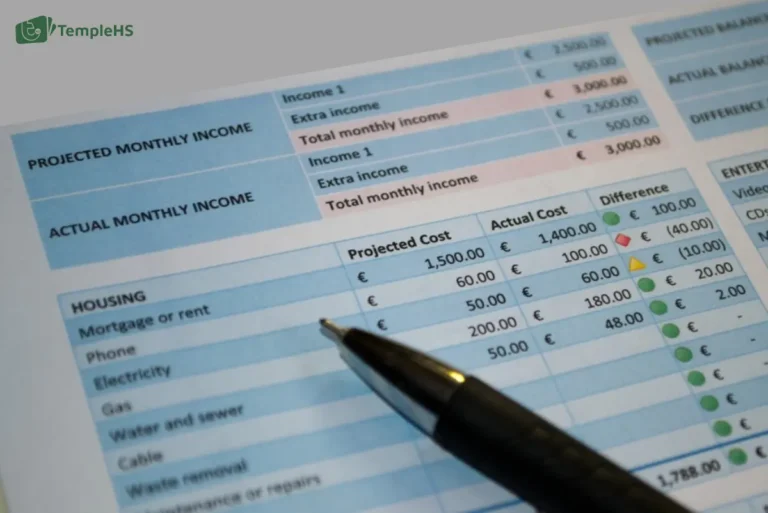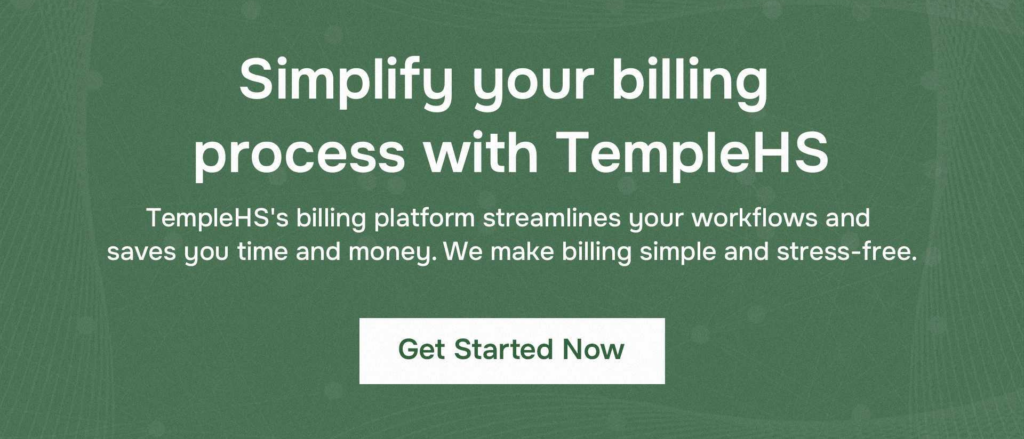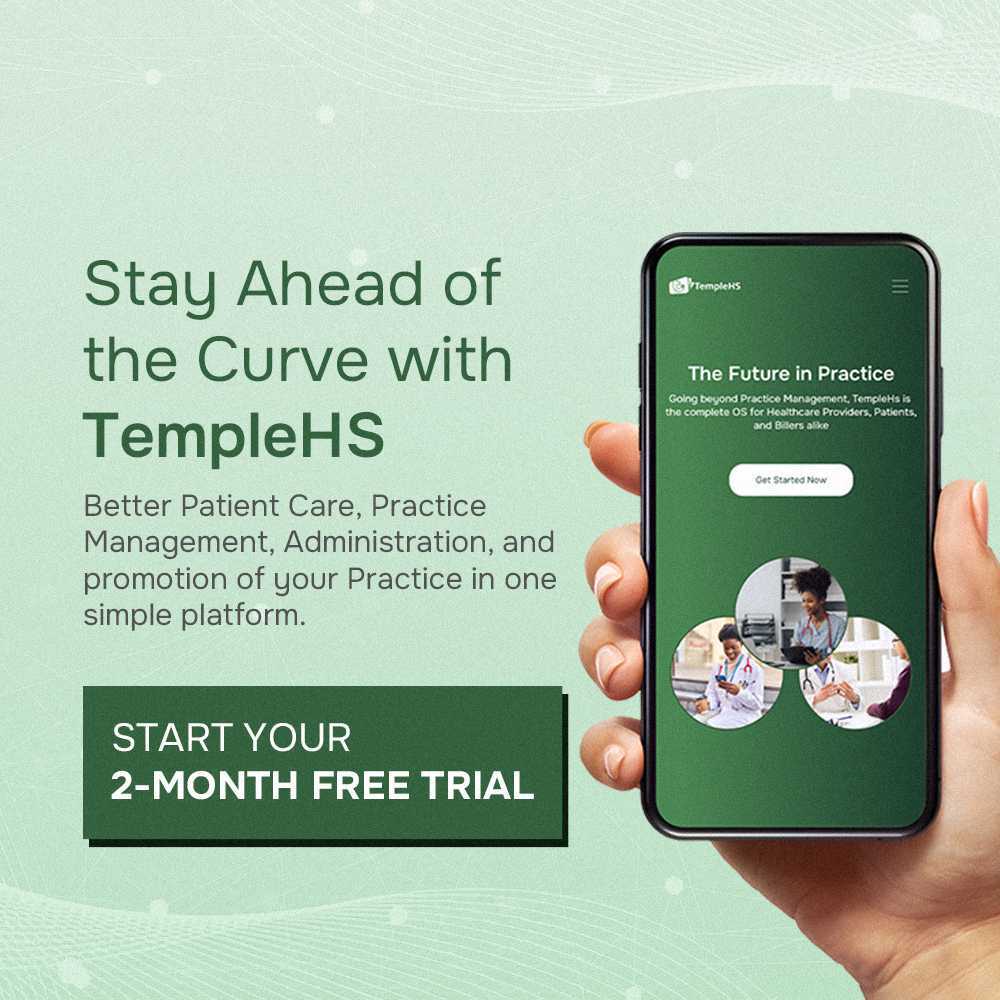A critical aspect of running a successful healthcare practice is selecting the right billing solution. The billing process involves generating invoices, tracking payments, and managing revenue streams, all of which are essential for the financial health of a healthcare facility.
Understanding the diverse billing solutions available is crucial. This includes comprehending the differences between traditional billing systems and modern, cloud-based solutions. Traditional systems often involve manual data entry and are more prone to errors, while cloud-based solutions offer automation, real-time data access, and streamlined workflows.
Moreover, considering a billing solution’s scalability and integration capabilities is paramount. As healthcare practices grow, their billing needs evolve. Therefore, choosing a solution that can adapt and integrate seamlessly with other systems, such as electronic health records (EHRs) and practice management software, is essential.
How to Choose the Right Billing Solution for Your Healthcare Practice
1. Evaluate Your Practice’s Specific Needs
Understanding the unique requirements of your healthcare practice is the first step in selecting the right billing solution. Assess the size of your practice, the volume of patients, and the complexity of billing procedures. A small clinic with straightforward billing needs might benefit from a basic solution, while a larger practice with diverse services might require a more comprehensive system. Consider the types of insurance you accept and any specific billing codes or compliance regulations relevant to your practice.
2. Consider Integration with Existing Systems
A billing solution that seamlessly integrates with your existing healthcare systems, such as electronic health records (EHR) and practice management software, is crucial. Integration reduces the risk of errors and ensures a smooth flow of information across different platforms. Look for solutions that offer robust APIs and compatibility with the software you already use. This integration will streamline your workflow, saving time and reducing administrative burdens.
3. Prioritize User-Friendliness
The usability of a billing solution is essential for ensuring that your staff can quickly adapt to the new system. A user-friendly interface minimizes the learning curve and reduces the likelihood of errors. Opt for a solution that provides comprehensive training and support, as well as an intuitive design. Features such as drag-and-drop functionality, clear navigation, and customizable dashboards can significantly enhance the user experience.
4. Ensure Compliance and Security
Healthcare billing involves handling sensitive patient information, making compliance with regulations such as the Health Insurance Portability and Accountability Act (HIPAA) paramount. Choose a billing solution that offers robust security features, including data encryption, user access controls, and regular security audits. Ensure that the solution stays updated with the latest compliance standards to protect your practice from potential legal issues and breaches.
5. Assess the Cost and ROI
Cost is a significant factor when selecting a billing solution. Evaluate the pricing models of different solutions, whether they offer subscription-based pricing, one-time fees, or pay-per-transaction models. Consider not only the upfront costs but also the long-term return on investment (ROI). A more expensive solution might offer greater efficiencies and reduce billing errors, ultimately saving your practice money over time. Compare the costs and benefits to find the most cost-effective option for your practice.
6. Evaluate Customer Support and Training
Reliable customer support and thorough training are critical for a smooth transition to a new billing solution. Assess the level of support offered by the vendor, including availability (24/7 support), response times, and the quality of their customer service. Training resources, such as webinars, tutorials, and on-site training sessions, can help your staff become proficient with the new system more quickly. Choose a vendor known for excellent customer service and comprehensive training programs.
7. Request Demos and Trials
Before making a final decision, request demos and trial periods from the vendors you are considering. Hands-on experience with the billing solution allows you to assess its functionality, ease of use, and compatibility with your practice’s needs. During the trial period, involve key staff members who will use the system regularly and gather their feedback. This firsthand experience will provide valuable insights and help you make an informed decision about the best billing solution for your healthcare practice.
Choose TempleHS for Effective Billing Solutions
Choosing the right billing solution is essential for the smooth operation of any healthcare practice, and TempleHS offers a comprehensive solution tailored to meet your needs. TempleHS is designed to handle the complexities of medical billing with ease, ensuring accuracy and efficiency in managing patient accounts and insurance claims.
TempleHS seamlessly integrates with existing electronic health records (EHR) and practice management software, providing a unified platform that enhances workflow efficiency. Its user-friendly interface makes it easy to learn and operate, minimizing the risk of errors and reducing administrative burdens. Also, TempleHS prioritizes compliance and security, adhering to stringent regulations such as HIPAA and employing robust security measures like data encryption and user access controls to protect sensitive patient information.
Cost-effectiveness is another key advantage of TempleHS. It offers flexible pricing models that cater to different practice sizes and budgets, ensuring you get the best return on investment. Reliable customer support and comprehensive training resources are also available, ensuring a smooth transition and continued support for your practice.
Conclusion
This post has explored the key factors to consider when choosing a billing solution for your healthcare practice. By understanding the various options available, evaluating scalability and integration capabilities, and prioritizing efficiency and accuracy, you can make an informed decision that positively impacts your practice’s financial operations.



